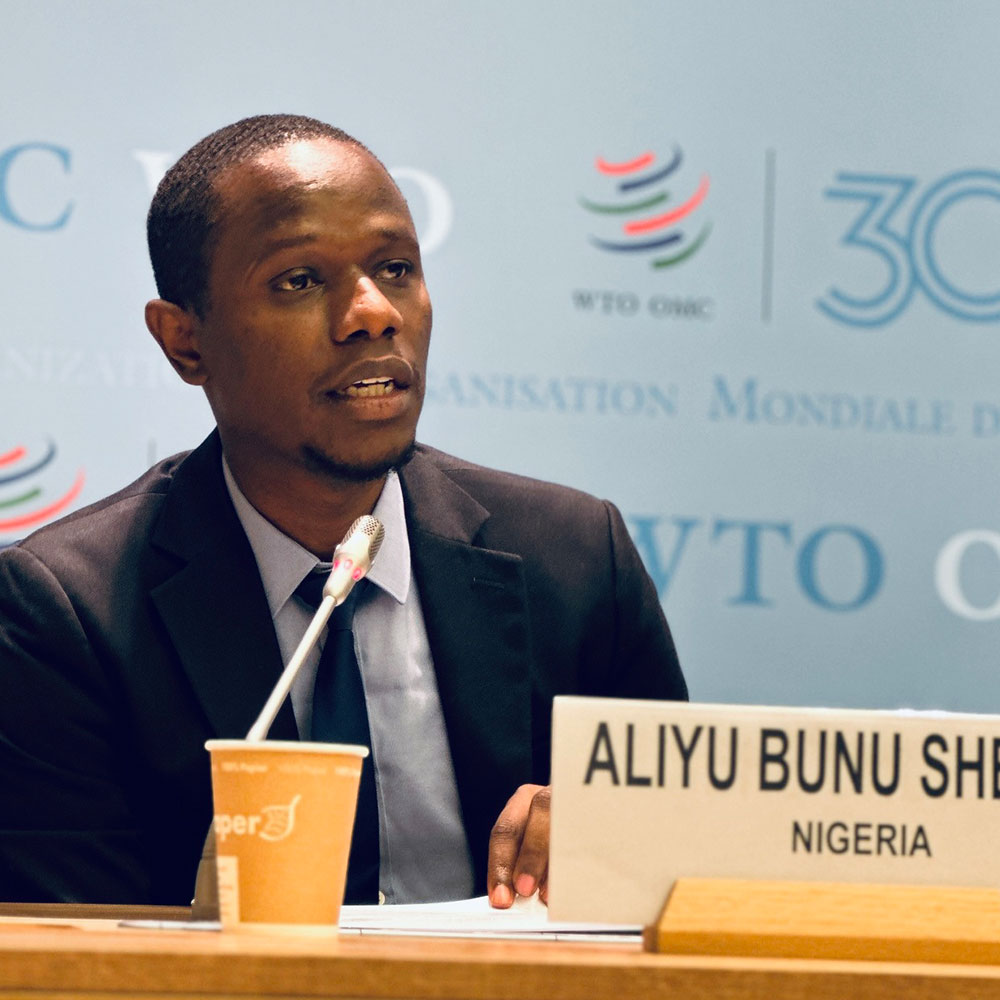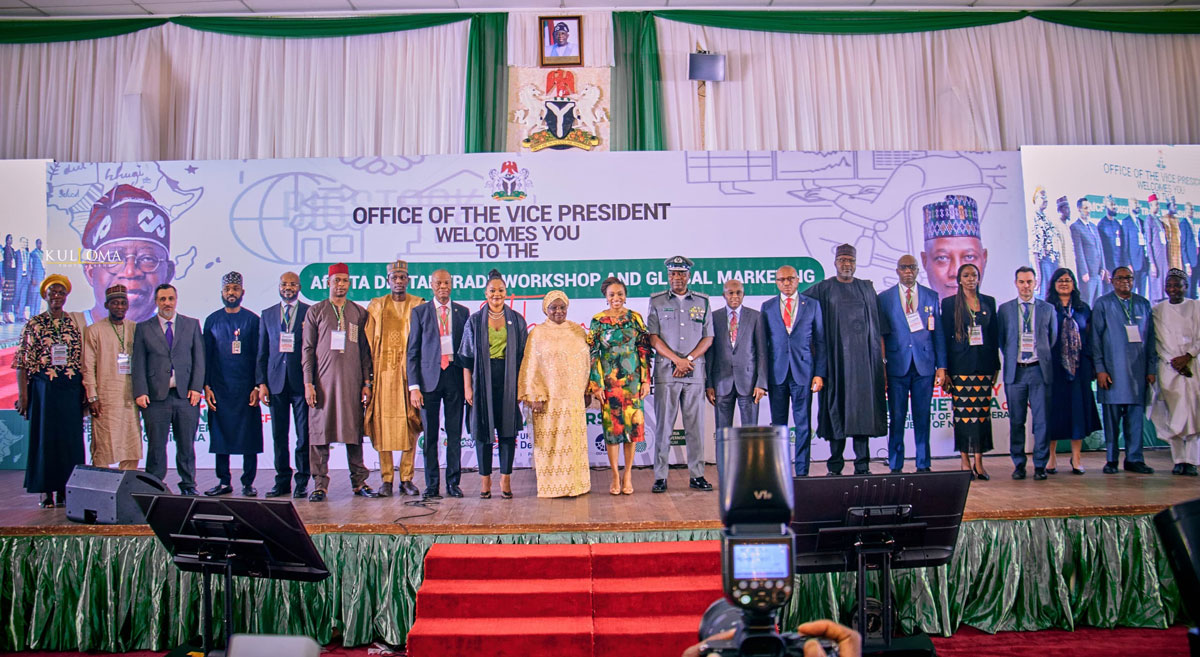Nigeria
Fast-tracking digital trade growth
Mr Aliyu Bunu Sheriff, Assistant to the President on Export Expansion, shares Nigeria’s experience in prioritizing digital trade expansion through the implementation of the Digital Trade Protocol of the African Continental Free Trade Area (AfCFTA).
 Mr Aliyu Bunu Sheriff, Assistant to the President on Export Expansion.
Mr Aliyu Bunu Sheriff, Assistant to the President on Export Expansion.How can digital trade bolster Nigeria’s economic growth?
With over 40 per cent of Nigeria’s GDP driven by services and a young, tech-savvy population, digital trade provides immense opportunities, particularly for micro, small and medium-sized enterprises (MSMEs), fintech innovators and other entrepreneurs.
The country's regional integration efforts are also helping Nigerian entrepreneurs reach consumers across the continent and beyond. The AfCFTA offers them access to a US$ 4.3 trillion market and over 1.3 billion consumers. Nigeria has been recognized as the AfCFTA’s Digital Trade Champion, highlighting the country’s potential to drive economic expansion through digital trade integration.
What are some of the steps taken so far?
To ensure the effective implementation of the AfCFTA Digital Trade Protocol, Nigeria has undertaken key initiatives in policy development, digital infrastructure, trade facilitation and cross-border payment systems. For example, it has put in place the National Digital Economy Policy and Strategy (NDEPS 2020-2030), which aligns Nigeria’s digital transformation with AfCFTA priorities.
Other efforts range from the National Single Window platform and payment solutions like eNaira to fintech solutions like Zenpay and SMARTAfCFTA. Nigeria is also positioning itself as a regional hub for outsourcing digital services, leveraging its skilled, youthful workforce.
What are some of the challenges?
Regulatory fragmentation, cybersecurity and data protection risks, insufficient infrastructure and MSMEs’ limited access to digital markets are among the key challenges Nigeria faces in tapping into digital trade opportunities.
How can the international community help?
Development partners can play an important role in Nigeria’s digital trade integration by providing technical support to harmonize digital trade regulations, investing in digital infrastructure, and enhancing MSMEs’ access to trade finance. They can also facilitate global market integration for African e-commerce platforms, and strengthen cybersecurity and consumer protection measures. For example, the country has been working with ODI Global to strengthen the digital trade capacity of stakeholders in Nigeria, including by raising awareness about the opportunities digital trade offers.
